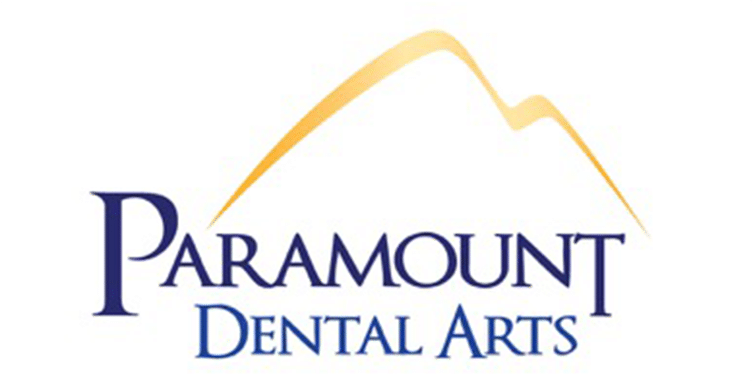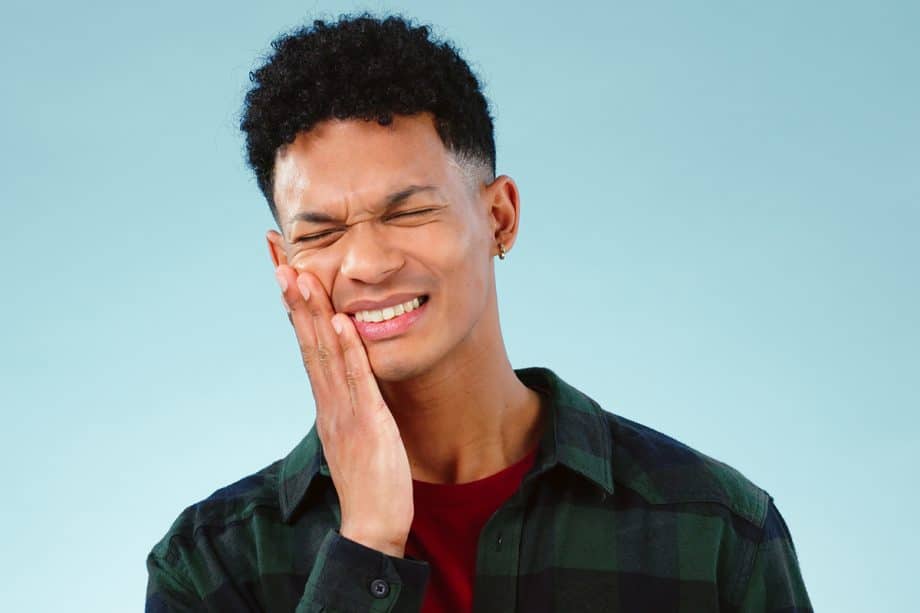TMJ, also known as temporomandibular joint disorder, is a painful condition that can interfere with one's quality of life. It may cause discomfort in the jaws, cheeks, ears, and other head and neck areas.
Patients experiencing TMJ symptoms may worry that their condition is permanent. However, dentists can often relieve TMJ using non-invasive methods. This blog will explain how TMJ works and how you can overcome it.
About TMJ Syndrome
TMJ is a type of dysfunction in the temporomandibular joints, two of the most complex joints in the human body. The TMJ joint is on both sides of the jawbone, connecting the skull to the lower jaw.
The temporomandibular joints allow a range of movements, including yawning, chewing, and speaking. When these joints experience inflammation, overuse, or stress, they can cause a ripple effect that spreads symptoms throughout the myofascial area.
Symptoms of TMJ
TMJ symptoms may vary widely, making a diagnosis challenging in some patients:
- Jaw stiffness
- Jaw locking
- Grating, clicking, or popping sounds from the jaw joints accompanied by discomfort
- Pain in the jaw joints
- Aching pain in the chewing muscles
- Pain that spreads from the jaw to the face or neck
- Hearing loss
- Ringing ears
- Dizziness
- Dental bite changes
Causes of TMJ
TMJ causes may be unclear, but some examples may include:
- Jaw injury such as a fall or car accident
- Arthritis
- Disk problems inside the joint
- Bruxism (chronic teeth grinding)
- Stress
Treatments for TMJ
Most treatments for TMJ are supportive and non-invasive. Your dentist may recommend trying one or more of these steps before progressing to more extensive treatment.
Cold Compresses
Applying cold packs to the outside of the cheek and jaw can help with stiffness and pain.
Diet Changes
Changing your daily diet can have an impact on TMJ. Avoid chewy, sticky, hard, and crunchy foods, including steak, chips, candy, and gum.
Stress Reduction
You may experience some relief when you consciously reduce stress in daily life. Stress commonly leads to bruxism (tooth grinding), which can exacerbate TMJ.
Controlling Wide Jaw Movements
Try not to yawn widely, sing loudly, or yell as much as possible, as these motions may stress the TMJ joints.
Oral Appliance Therapy
We offer custom-made stabilization splints that allow the jaw to relax at night and protect against the effects of bruxism.
Anti-Inflammatory Medication
Over-the-counter pain medications help many TMJ patients.
BOTOX Injections
BOTOX can help tense muscles relax.
Surgery
Extreme cases of TMJ call for surgery. Surgery is most likely for arthritis or dislocated joints.
Frequently Asked Questions About TMJ
What happens if I don't treat TMJ?
If you do not treat TMJ, your quality of life may suffer, affecting your ability to relax, eat, and sleep. Some patients' symptoms go away independently, primarily when caused by stress.
If my jaw pops but does not hurt, do I have TMJ?
Some jaw noises can be harmless. Visit your dentist or physician for a diagnosis.
Call Paramount Dental Arts
If you experience symptoms that could result from TMJ, call our Clifton, NJ, office at 973-777-1772 to schedule a consultation. We can diagnose your condition and recommend workable treatment options.

